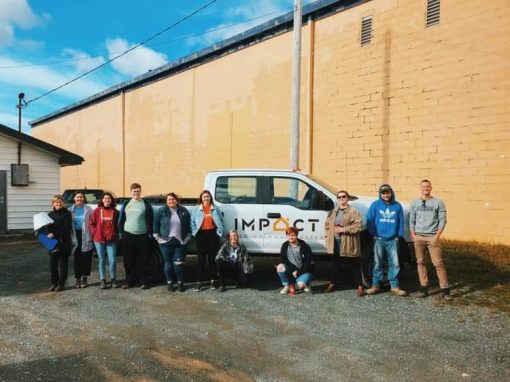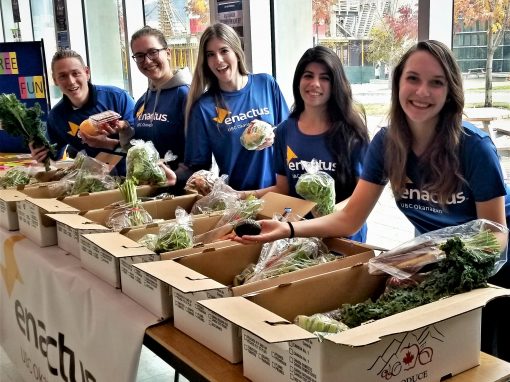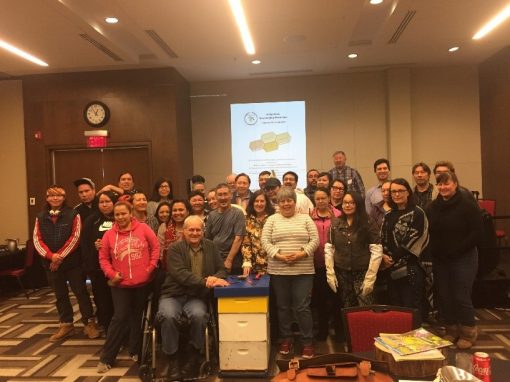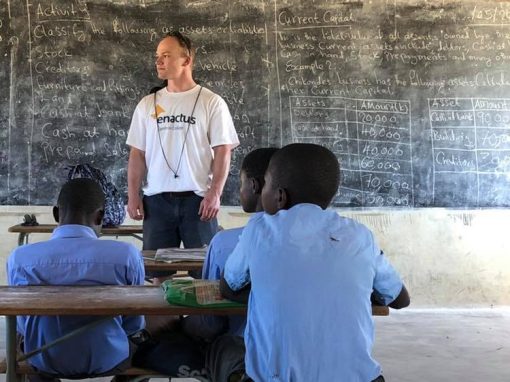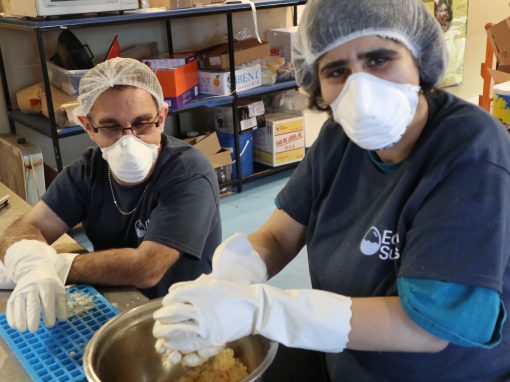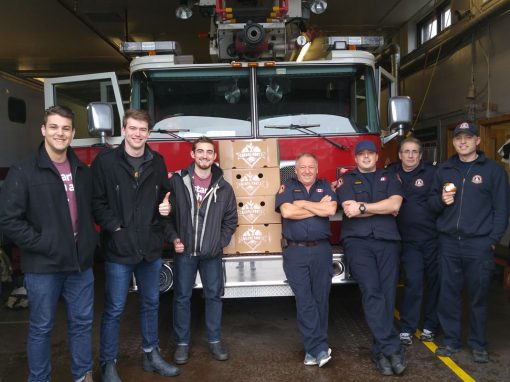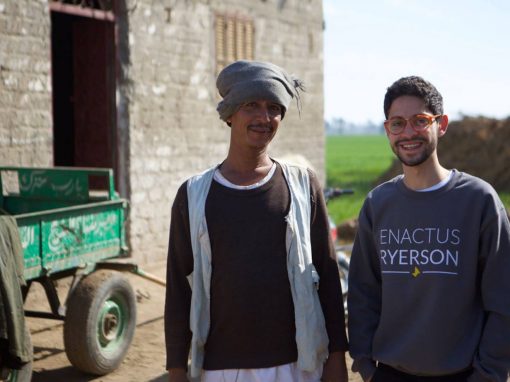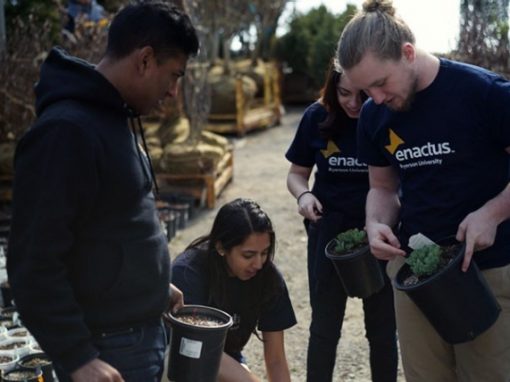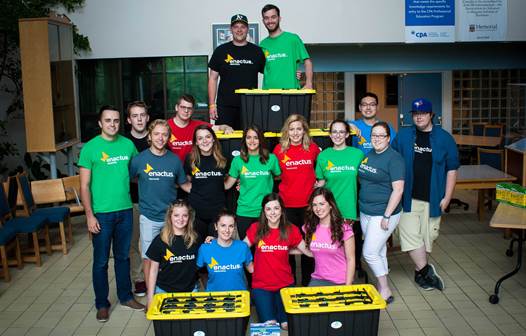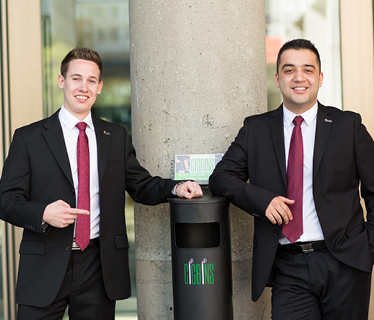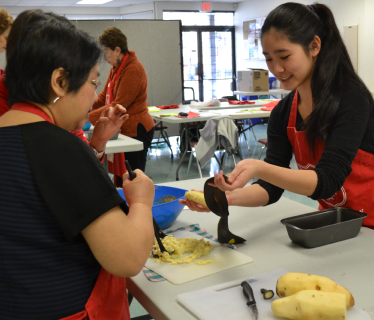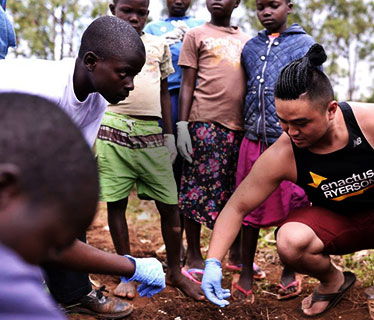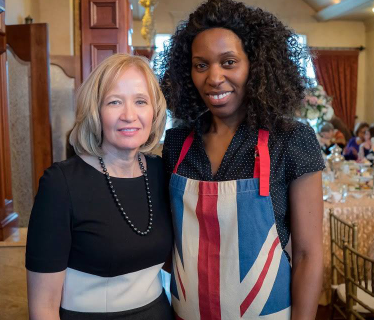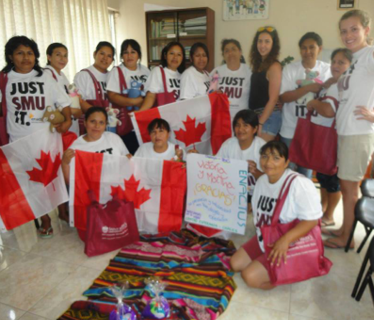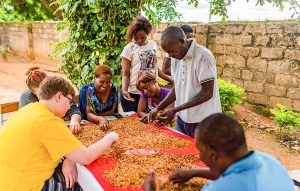ONE SEED

People Directly Impacted

Lives Improved

People gained access to sustainable food
[addtoany]
Seeing Opportunity
Zambia is the second most undernourished country in the world. In rural Zambia, over 80% of the population lives below the poverty line, living on less than $1.25 per day. In 2012, a Lambton College student from Zambia approached our Enactus team and asked for our team’s help back in Zambia. We determined what their biggest challenges were and how we could help them achieve their goals. We met with teachers, farmers, students, nurses, village chiefs, and many others learning from them what their needs and wants were and how they were being held back. We partnered with a team of agronomists from both Canada and Zambia to determine ways to solve the prevalent issue of food insecurity. Working with Agronomists we identified more efficient farming methods for them to use. Project One Seed addresses these needs:
- Food security is their number one issue.
- Unproductive traditional farming methods needed to be improved.
Our project provides food security by teaching farmers the benefits of no-till farming.
Taking Action
To address food insecurity in rural Zambian communities, we worked with a team of agronomists from both Canada and Zambia to develop farming workshops to teach the Zambian farmers the benefits of using No-Till Farming. We had to build trust with the Zambians so we planted a 1-hectare trail plot in 2012. The plot was a success and Zambian farmers began attending workshops. In 2014, 144 hectares were planted by farmers trained on No-till farming, 700 hectares in 2015, 3,000 hectares in 2016, 6,000 hectares in 2017, 33,998 planted in 2018, and 35,000 hectares were planted this year. Each farmer plants 1 hectare. Each hectare produces an average 143 50-kg bags of corn. This number is reported by the Ministry of Agriculture. It only reports on corn production because corn is a national staple that is purchased and exported by the Zambian government.
Enabling Progress
This year students trained 175 new no-till farming trainers and directly trained new no-till farmers. The 175 no-till farming trainers trained an additional 35,738 farmers. These farmers attained an average profit per hectare of $1,678 which combined created an increased economic profit of $49 million. Initially all of the workshops were focused at local schools. This year, through our discussion with the DEBS (District Education Board Secretary) they have committed to working with us to integrate Project One Seed into kindergarten through to grade 12 within 145 schools. This will ensure 75,000 students will never know the struggles of past generations and are provided the skills and knowledge they require to be able to secure their food security for the rest of their lives. Furthermore, our team oversaw the construction of 3 new drip irrigation systems at local schools helping to diversify food grown at these schools. These new drip irrigation systems are powered by solar panels which double as a renewable energy source which allows the schools to access an electricity.
INTERESTED IN GETTING INVOLVED?
